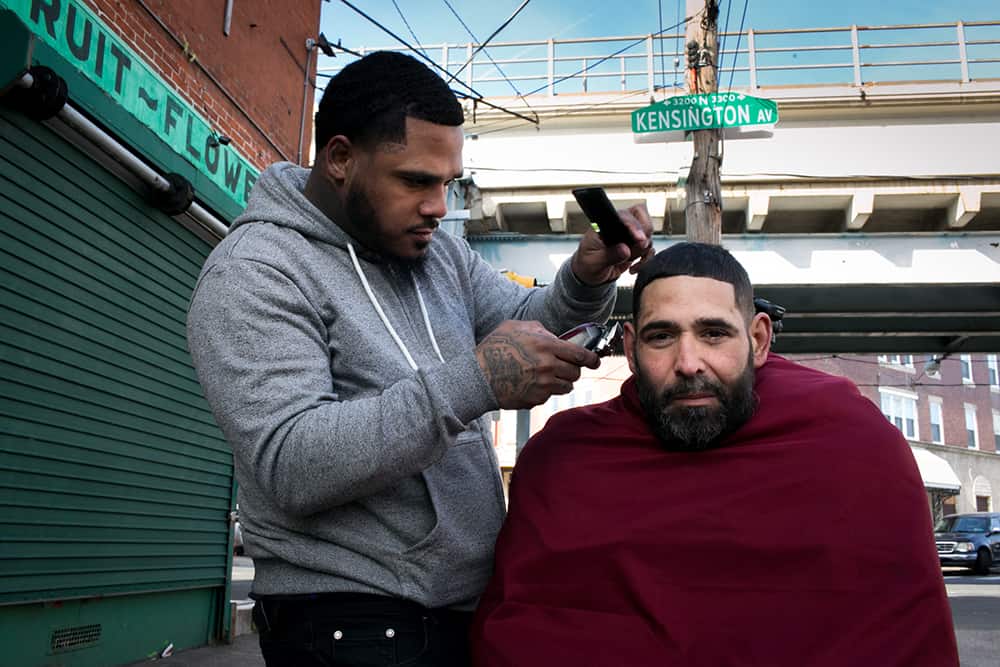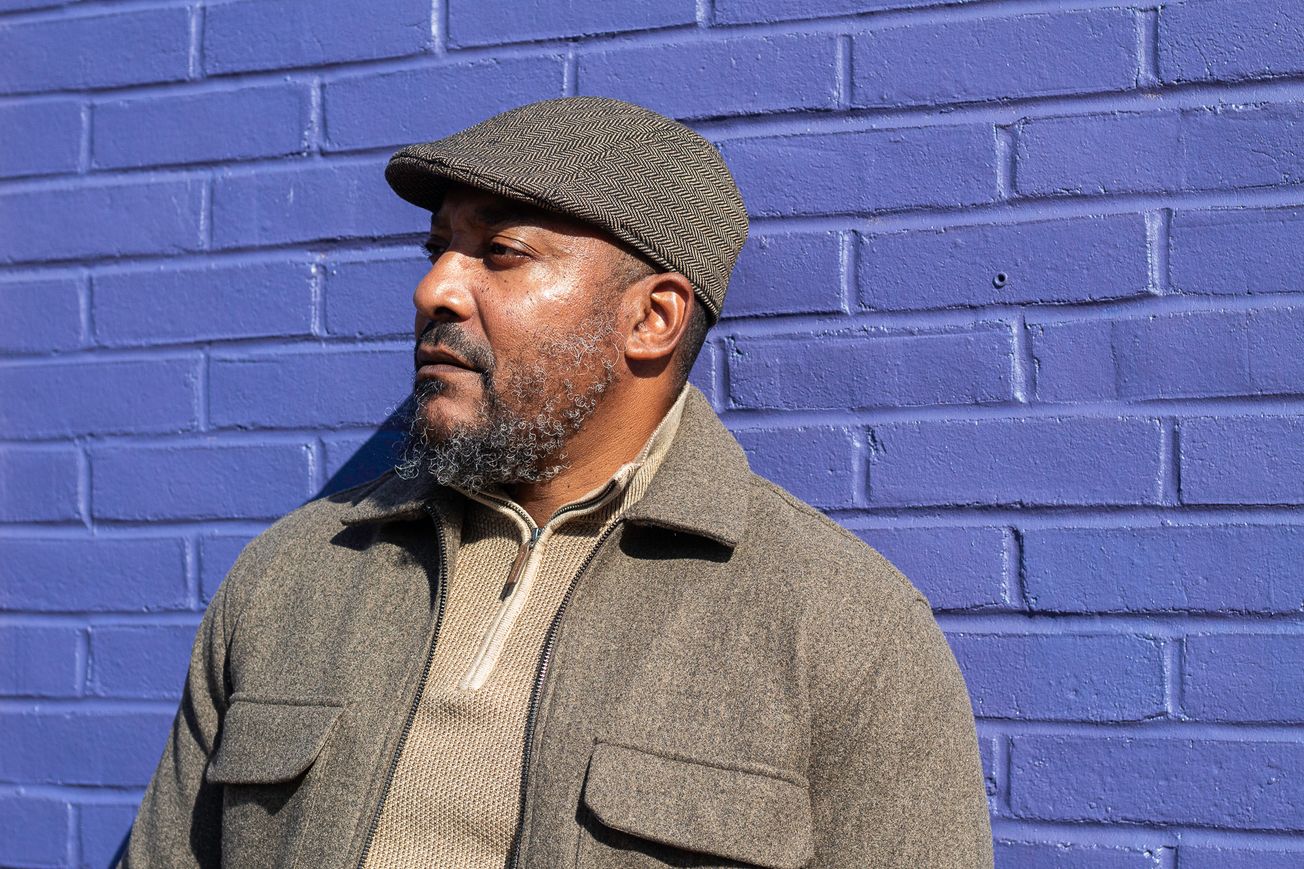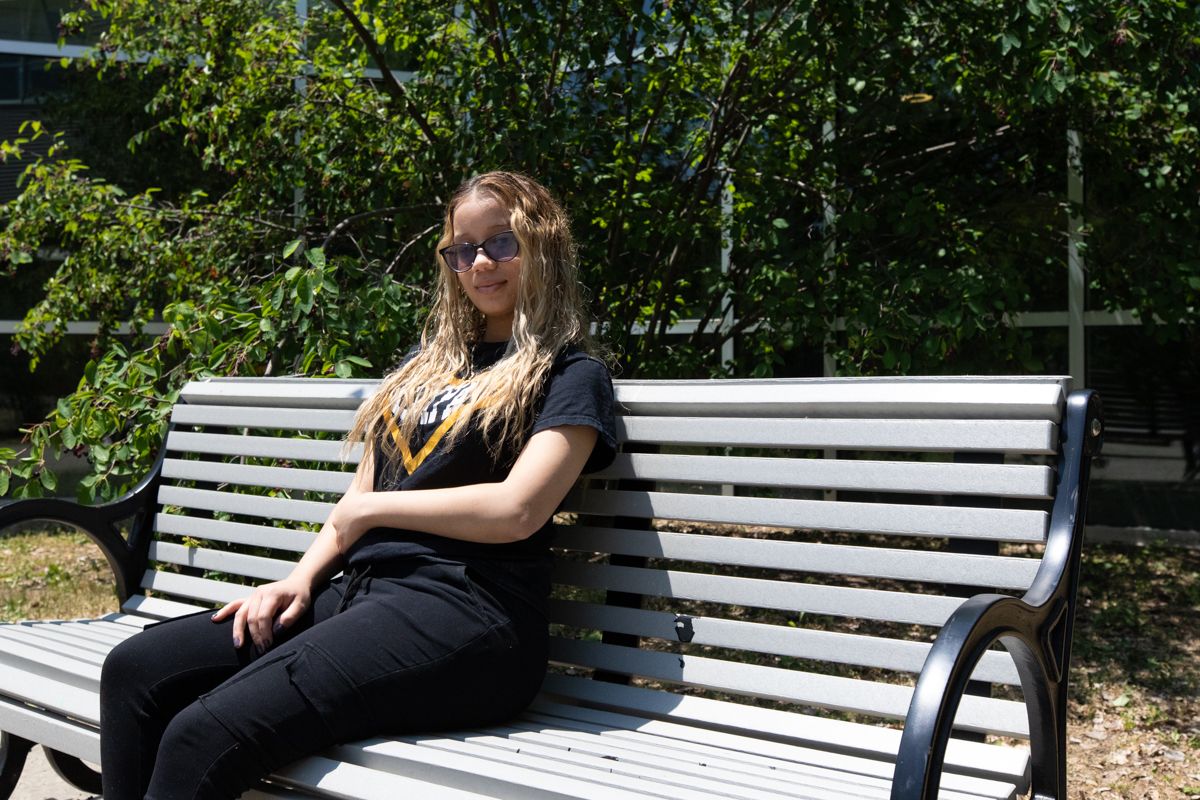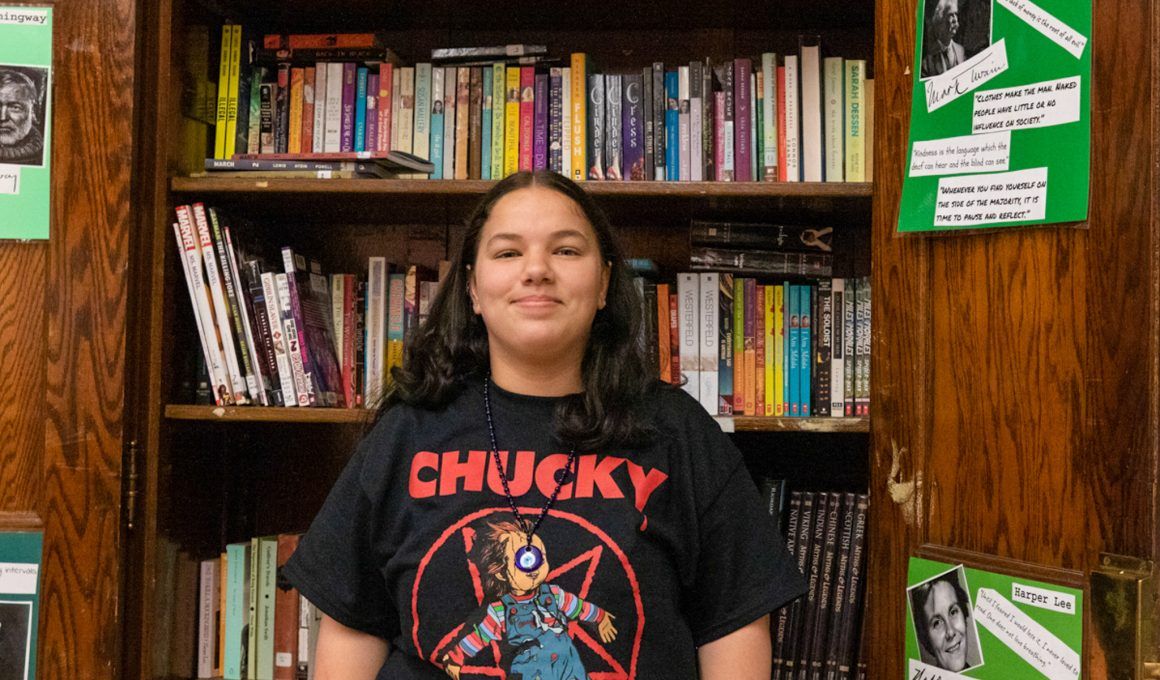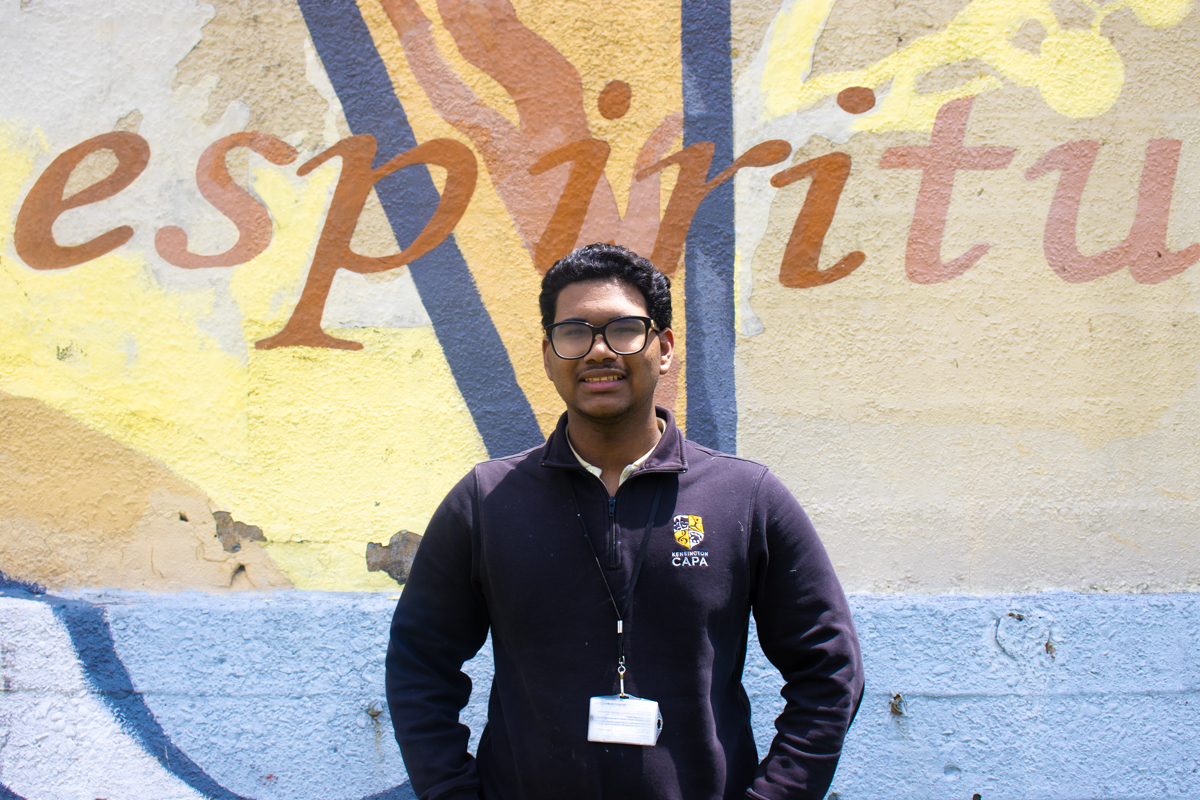About three days a week, I cut hair for people experiencing homelessness in Kensington. Sometimes I set up pop-up barber shops at the intersections of Kensington and Allegheny, Kensington and Lehigh, or Frankford and Lehigh, and sometimes I hop out of my car to ask someone if they would like me to cut their hair. Fellow barbers join me from time to time, but the majority of the time it’s just me, by myself, out on the streets cutting hair.
I first began providing these haircuts about three years ago, when I was in barber school. Other students and I practiced our skills with Chosen 300 Ministries, which provides food and services to people without housing. The idea was that if someone was experiencing homelessness, they were less likely to care if you messed up their hair.
Since my days in school, I’ve become less concerned with making money from cutting hair than with blessing the person whose hair I am cutting. I now offer people in need free haircuts through my current endeavor, Empowering Cuts, which I started about 16 months ago.
In the time I spend serving and speaking to these individuals, people often tell me that the reason they are on the streets is that there is no room left in the shelters or because they perceive Philadelphia’s shelters as unsafe. A majority of the people I’ve talked to use vacant buildings for warmth and shelter as makeshift homes or places to lay their heads at night and keep warm.
I have heard countless stories where people have recalled spending nights in abandoned buildings to survive. Some have woken in the morning to the sight of their own breath, and others have slept beside strangers in the fetal position as a way of maintaining body heat. Staying warm to survive is something that others would never even think twice about.
But in Kensington, there is an enormous amount of abandoned buildings and old factories that could be refurbished into safe shelters to improve these living situations.
Unfortunately, these buildings are not being utilized much at all. I believe the buildings would be put to great use if the city transformed them into shelters with mental health clinics and also mental health clinics for people who have housing but still need help. Ideally, these would be funded by the city and staffed with workers who care for the people who would use them. As a lot of these people are at the darkest part of their lives, passionate shelter workers and encouraging words are essential.
While some advocate that abandoned buildings should be turned into addiction rehabilitation and detox centers, I am adamantly against that proposal. I feel that creating rehabilitation centers in drug-infested neighborhoods is counter-productive because it makes achieving sobriety difficult and maintaining it almost impossible. In Kensington, if you put somebody in rehab there, they can still go outside and up the street to get high. I know this is true because I’ve seen this with my family.
Growing up, many of my family members struggled with drug addiction. I can’t relate to the pain of being on drugs, but I can relate to the pain of having them in my life. I grew up fast.
My childhood experiences, which were also laced with physical and mental abuse, influenced how I raise my own children today. I am the father of three children, whom I have full custody over in my house in Mayfair. It is difficult for me to discipline them, but when I do I take away their TV privileges or a snack. I want them to know that they are blessed, and I don’t want them to grow up too fast.
I’ve never had a sit-down conversation with them about drug addiction — they’re too young for that — but I talk to them about mental health struggles and poverty and they know they can ask me questions. They often ride in the car when I go to cut hair.
Instead of rehabilitation centers, I believe the community would greatly benefit from transforming some of its’ buildings into mental health clinics. Many people struggle with mental health on a daily basis, which is something that is just now beginning to be recognized and cannot go unaddressed.
Mental health clinics are crucial for the city’s health, as they would help teach people healthy coping mechanisms and new ways to work through past traumas, hurts, and pains in ways that can help them to maintain their sobriety rather than numb it.
What did you think about this story? Send a note to editors@kensingtonvoice.com, and we’ll consider publishing it in our Voices section. You can also tell us what you think in person at our neighborhood events.
Editors: Claire Wolters, Erin Blewett, Jillian Bauer-Reese / Story Designer: Jillian Bauer-Reese / Translator: Kristine Aponte

